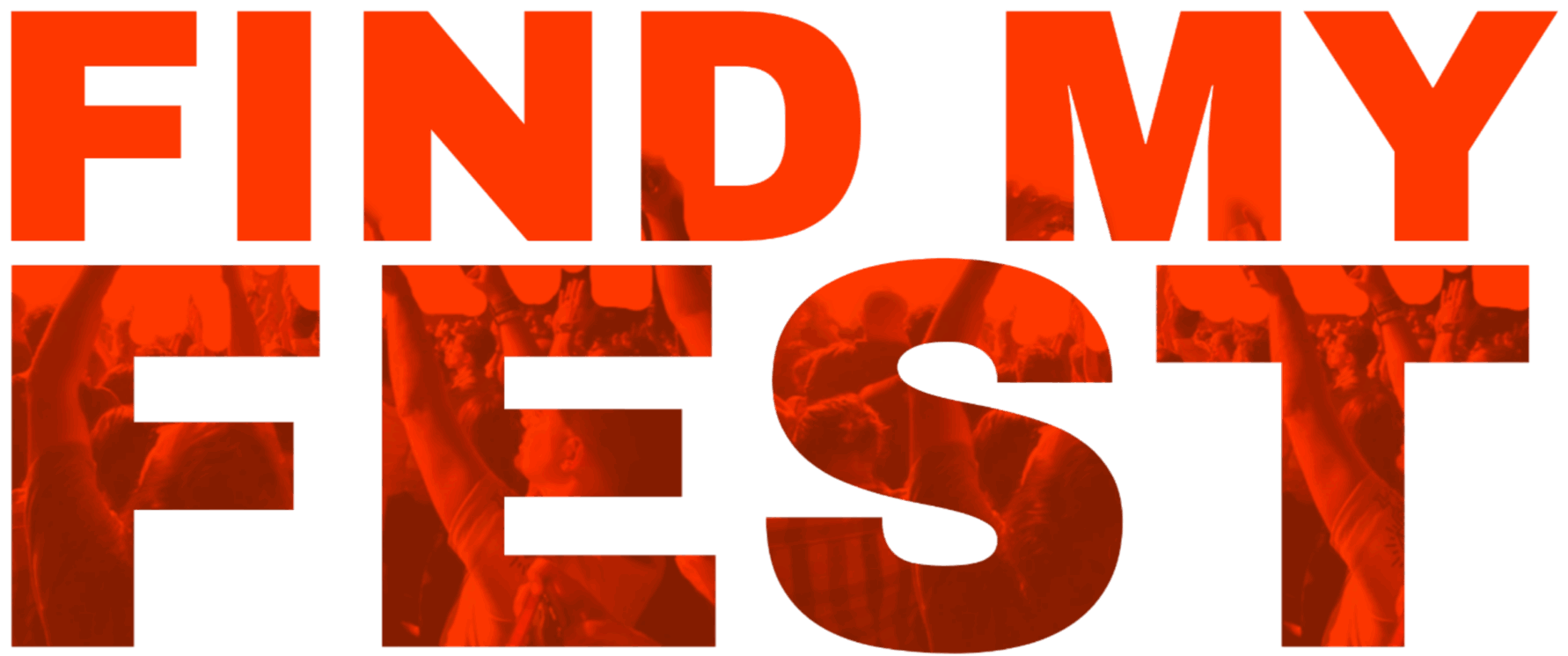
In the fast-paced world of event promotion, mastering the art of digital marketing is crucial. As event organizers, understanding how to harness the power of digital tools not only maximizes your reach but also enhances attendee engagement, ensuring your event is a buzzing success. Whether you’re planning a local art workshop, a music festival, or a corporate seminar, the strategies you’ll discover here are designed to put your event in the spotlight.
How to Market Your Event in a Digital Age
In the ever-evolving landscape of digital marketing, promoting an event effectively demands creativity, adaptability, and a strong grasp of online tools. This guide walks you through the essential digital marketing strategies to not only reach but also captivate your intended audience, ensuring your event is a standout success.
Leveraging Social Media to Your Advantage
1. Choose the Right Platforms: Not all social media platforms are created equal when it comes to event promotion. Facebook and Instagram, for instance, are great for visual posts and targeted ads, whereas LinkedIn might be more suitable for corporate events. Tailor your platform choice to where your target audience spends their time.
2. Create Engaging Content: Use eye-catching images, exciting videos, and compelling stories about your event to grab attention. Live videos, behind-the-scenes sneak peeks, and influencer partnerships can amplify your message.
3. Utilize Paid Advertising: Social media ads can efficiently reach a larger and more targeted audience. Platforms like Facebook offer sophisticated targeting options that allow you to customize your audience based on interests, demographics, and behavior.
Mastering Content Marketing
1. Blog Posts: Writing informative and engaging blog posts about your event can attract more visitors to your website. Cover topics like “What to Expect at [Your Event]” or “5 Reasons to Attend [Your Event].”
2. SEO Optimization: Ensure your content is optimized for search engines to increase visibility. Use relevant keywords, meta descriptions, and tags that potential attendees might use to search for events like yours.
3. Share Testimonials and Reviews: Positive reviews from past events can boost credibility and attract more attendees. Feature these testimonials prominently on your website and in your content.
Effective Email Marketing Campaigns
1. Build Your Mailing List: Encourage site visitors to sign up for updates through a signup form. Offer incentives like early bird tickets or exclusive content to increase subscription rates.
2. Segment Your Audience: Tailor your emails based on the interests and behaviors of your subscribers to make them more relevant and engaging. Segmentation can significantly improve open and conversion rates.
3. Send Timely and Compelling Messages: Craft your emails to include essential information, enticing offers, and a clear call to action. Schedule these strategically in the lead-up to the event for maximum impact.
Utilizing Analytics to Optimize Campaigns
1. Track Your Results: Use tools like Google Analytics and social media insights to monitor how your marketing efforts are performing. Look at metrics like click-through rates, engagement rates, and conversion rates.
2. A/B Testing: Experiment with different versions of your content to see what works best. A/B testing can be applied to email campaigns, social media ads, and web pages.
3. Adjust Based on Feedback: Be ready to tweak your strategies based on the data you collect. Continuous improvement will help you better understand your audience and refine your approach.
Digital marketing offers a plethora of tools and strategies to promote events effectively. By embracing these methods, you can ensure that your event reaches the right audience, engages potential attendees, and builds the momentum needed for a successful turnout. Remember, the key to successful event marketing in the digital age lies in a well-rounded approach that adapts and evolves with your audience’s needs and the latest marketing trends.
